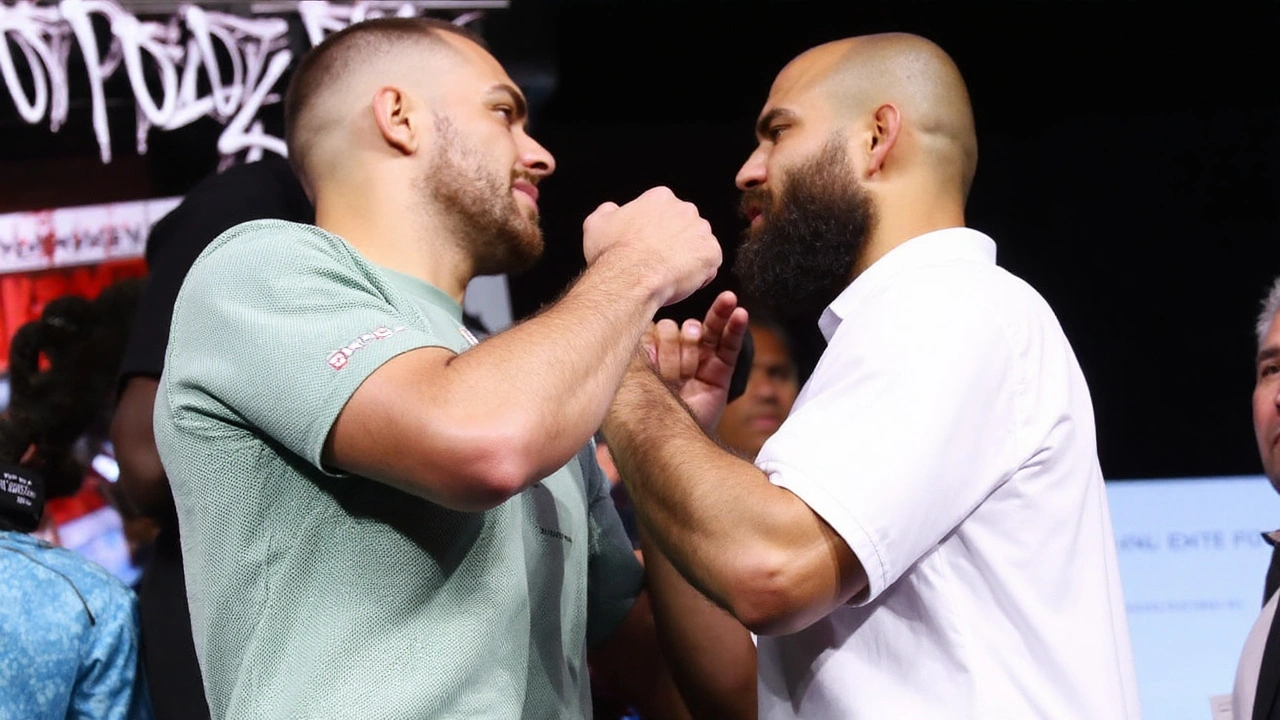
UFC 319 Delivers Drama: Du Plessis vs. Chimaev Headlines a Wild Night
Everyone loves a big fight, but UFC 319 took drama to a new level in Chicago’s United Center on August 16, 2025. The energy in the city was off the charts, fueled by a massive crowd buzzing for a clash between reigning middleweight champ Dricus du Plessis and Khamzat Chimaev, the undefeated powerhouse with a knack for smashing expectations. If you followed the odds, you saw Chimaev heavily tipped to win—bookies had him at -270 to -278. That made du Plessis a risky underdog, floating between +220 and +225. Still, that only seemed to hype up both his supporters and the betting crowd looking to score big on an upset.
The real story wasn’t just the numbers, though. Anyone who watched Chimaev’s meteoric rise will tell you, this guy’s wrestling game isn’t a joke. He had experts rattling off predictions about him finishing the fight on the ground—quick, violent, and decisive. Du Plessis? He heard all of it, but with a belt on the line and something to prove, he wasn’t going down without a serious scrap. The betting lines didn’t just reflect confidence in Chimaev, they set the stage for a main event with real bite, poised to shake up the division no matter who earned the final hand-raise.
Main Card Highlights: Pico’s UFC Arrival, Surging Prospects, and Prop Bet Buzz
Just before the main event, the co-main grabbed almost as much attention. All eyes were on Aaron Pico’s UFC debut—a huge story on its own. He faced Lerone Murphy, who hadn’t tasted defeat in his first 17 fights. Bookies said it’d probably go Pico’s way at -170, but nobody slept on Murphy, especially not with his +142 underdog value. Featherweight hadn’t looked this exciting in a while, and both guys came out swinging with serious title dreams on the line.
It wasn’t all about the top two fights, though. Geoff Neal and Carlos Prates threw down at welterweight, with Prates’s -198 odds spelling trouble for Neal (+164). Jared Cannonier, an old-school tough guy, tested his mettle against flashy striker Michael 'Venom' Page—Page was favored at -205, but Cannonier’s no stranger to big upsets. Meanwhile, flyweight brought some international spice with Tim Elliott going up against Japan’s Kai Asakura, one of the most hyped prospects on the card. Asakura was seriously favored at -298, leaving Elliott’s +240 odds as a potential dark horse pick for savvy fans.
With so much at stake, boxing handicappers and MMA analysts weighed in on every angle. Betting pro Sean Zerillo talked up Jessica Andrade at +126 and loved Pico’s chances at -167. He suggested not just picking winners, but betting on fights to finish early, or targeting risky round props for bigger payouts. Other experts spotlighted Chase Hooper’s slick submission skills—he was a popular choice for a submission win on the prelims. Edson Barboza, always dangerous, got the nod over Drakkar Klose from oddsmaker Tony Sartori, who actually pieced together a parlay featuring Barboza’s experience, Hooper’s jiu-jitsu, and Michael Page winning by decision (that combo paid out +683 for anyone brave enough to take it).
Betting angles didn’t stop there. Even the main event’s over/under got plenty of chatter. Would du Plessis vs. Chimaev go the distance? The over 2.5 rounds line hovered at -110, while the under was -120, hinting that neither fighter had any plans to take it easy or coast for points. Basically, everyone braced for fireworks, whether it ended in the third or fifth round.
This was all set against a backdrop of late changes. The original card planned for 15 fights, but injuries and missed weights whittled it down to 12. Still, nobody in the building or stuck to their TVs felt shortchanged. The night’s action-packed schedule kicked off early and rolled straight through to the pay-per-view main card at 10 p.m. ET. With title fights, debuts, and plenty of underdog stories, UFC 319 had fight fans glued to every punch, takedown, and betting twist all night long.
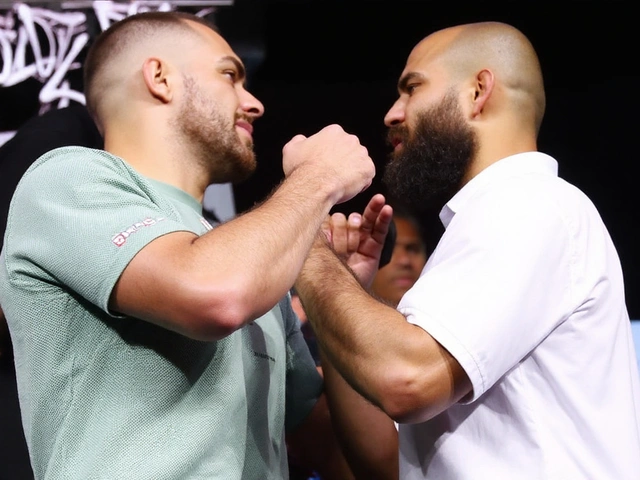
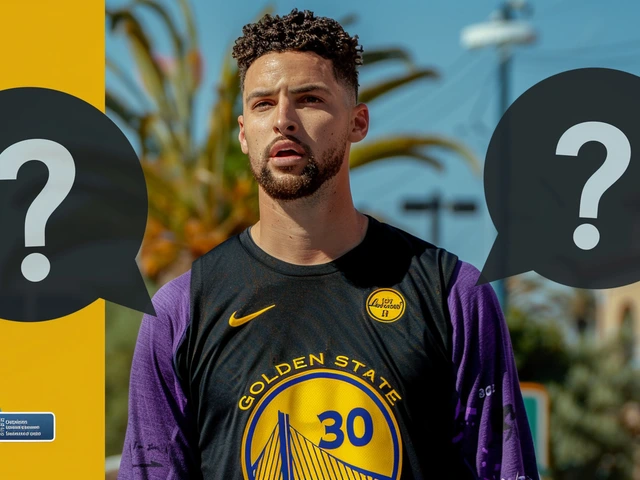
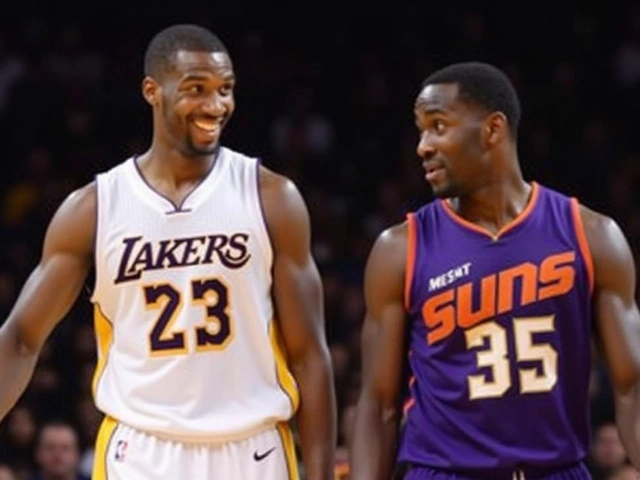
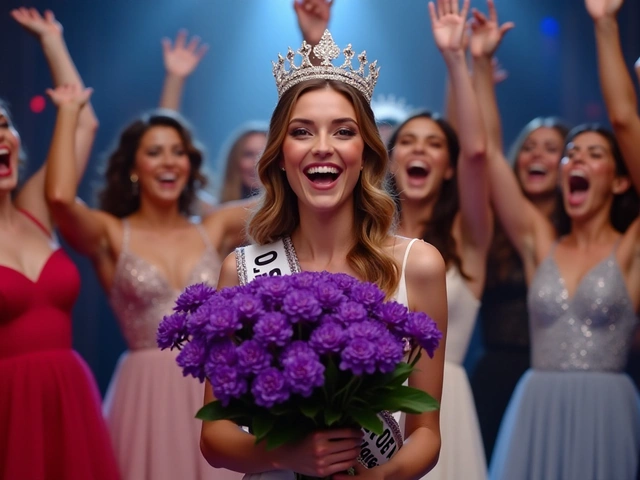
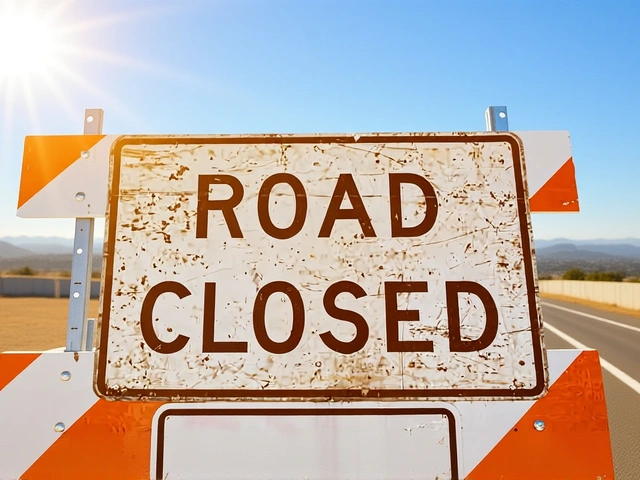
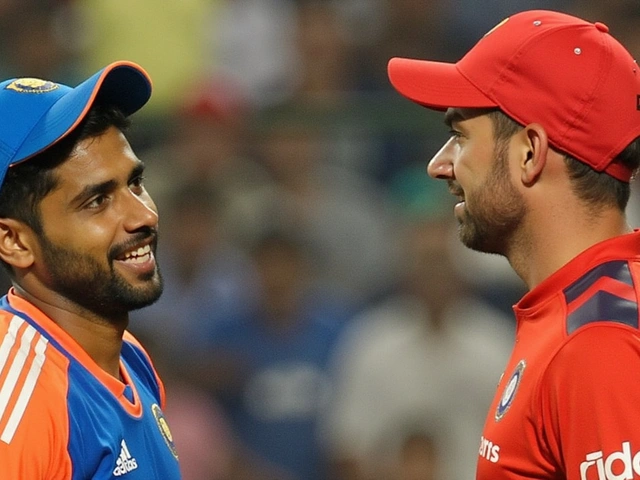
The UFC is a deep‑state distraction machine!!!
When we peel back the layers of hype, the fight night becomes a microcosm of existential struggle between destiny and agency. The odds are not merely numbers; they are reflections of collective belief in narratives we construct. Du Plessis embodies the underdog archetype, challenging the deterministic worldview that labels him as expendable. Chimaev, on the other hand, personifies the relentless force of inevitability, a living embodiment of the Nietzschean will to power. This clash is less about punches and more about the philosophical duel of fate versus self‑determination.
Observing the event, one notes the meticulous choreography of athlete preparation and promotional orchestration. While the excitement is palpable, the underlying tactical approaches merit analytical attention. It is commendable how both competitors have honed their respective crafts to the pinnacle of performance.
I appreciate the thorough breakdown of betting lines; the precision in the odds presentation aids fans in making informed decisions. Moreover, the description of each matchup maintains grammatical integrity, which enhances readability. Thank you for delivering such a clear and well‑structured summary.
What a night of theatrical carnage, where every strike resonated like a drumbeat in the collective heart of the arena! The atmosphere was thick with anticipation, a volatile cocktail of hope and dread that hung in the air like incense before a grand ceremony. Du Plessis entered the cage with a fire in his eyes, a living testament to the underdog spirit that refuses to be smothered by statistical odds. Chimaev, meanwhile, exuded an aura of inevitability, as if the universe itself had scripted his dominance in bold, unforgiving ink. The early rounds unfolded like a chess match, each maneuver calculated, each feint a silent whisper of strategic intent. Yet beneath the veneer of technique, raw emotion surged, a primal scream that echoed through the rafters. When the first takedown landed, the crowd erupted, a chorus of disbelief and admiration that seemed to shake the very foundations of the United Center. The commentary team, caught in the whirlwind, delivered analysis that oscillated between reverent awe and clinical dissection. As the fight progressed, the momentum swung like a pendulum, each swing punctuated by gasps, by shouts, by the collective inhale of a thousand spectators. The judges’ scorecards, those paper arbiters of truth, became focal points of intense scrutiny, their numbers a battlefield of their own. At the climactic moment, when the final bell tolled, the arena held its breath, suspended between triumph and tragedy. The aftermath was a tableau of bruised bodies, sweat‑slicked foreheads, and eyes that spoke of stories yet untold. This spectacle, beyond mere entertainment, served as a reminder of the human capacity for resilience, for a relentless pursuit of glory against overwhelming odds. In the annals of combat sports, this night will be recorded not just as a contest, but as an emblem of drama, of perseverance, and of the unyielding spirit that drives warriors to the edge of their limits.